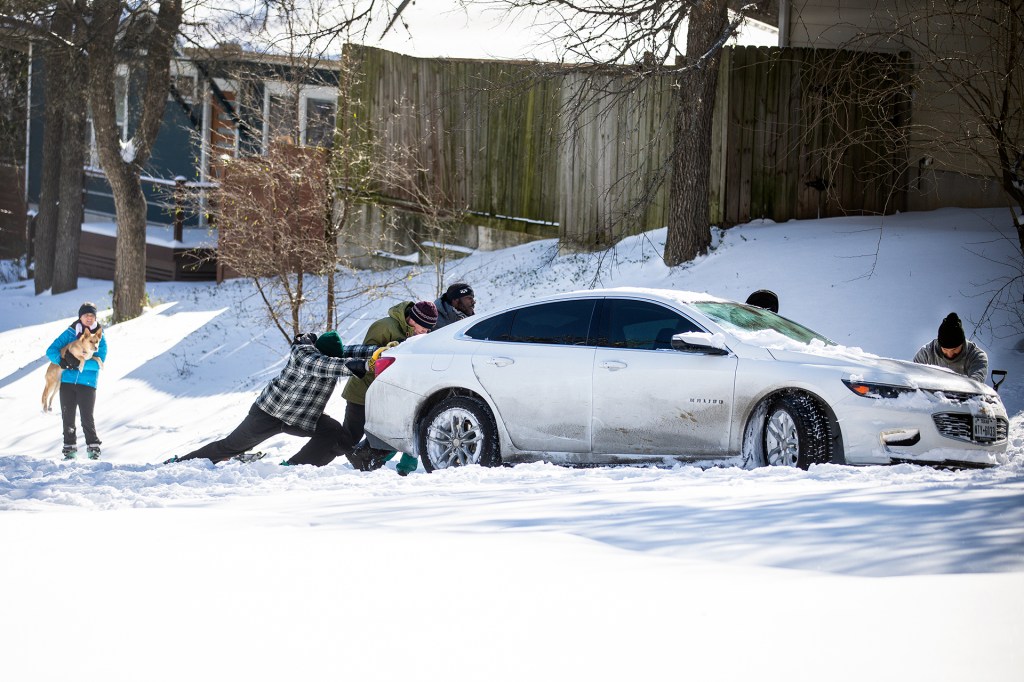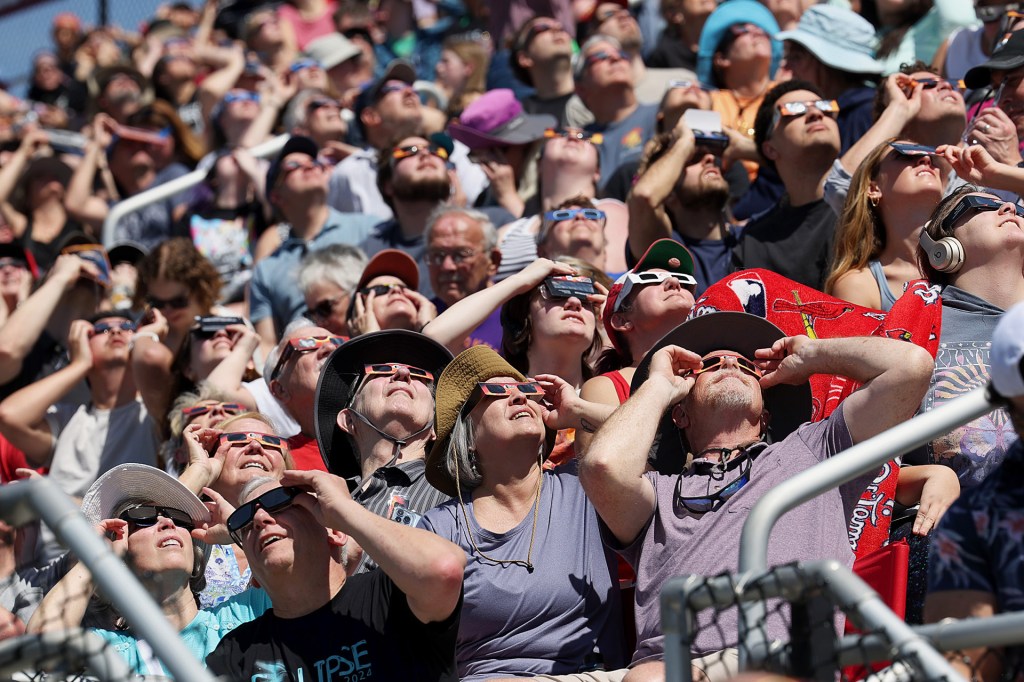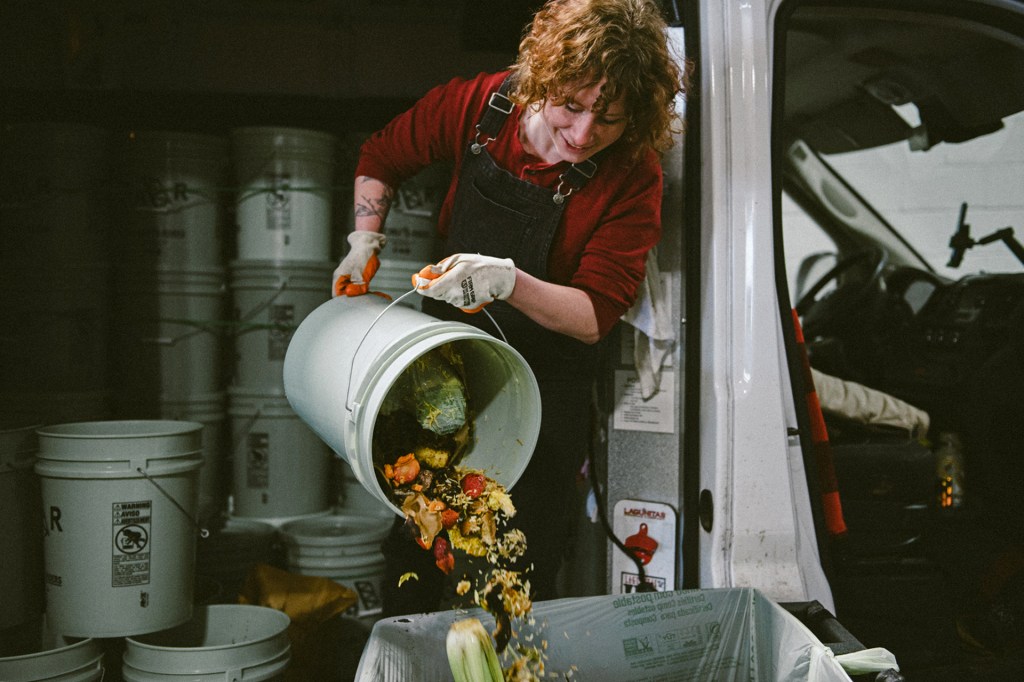Winter Storm Woes

A series of winter storms began a sweep across the United States on February 11, slowing distribution of the COVID-19 vaccine in many parts of the country.
Severe weather hit everywhere from Washington State to the southern U.S. Snow and ice closed airports, left roads dangerously slick, and caused millions of people to lose electricity. Record-low temperatures made it dangerous to be outdoors.
The U.S. Centers for Disease Control and Prevention expected major delays in vaccine shipments. In several states, vaccination appointments were rescheduled. “We want to protect the safety of everyone involved,” Missouri governor Mike Parson said.
In Washington, officials limited appointments for a first dose of the vaccine and focused on second doses. In Texas, a health center had no power on February 15. Without refrigeration, 8,400 doses were at risk of spoiling. Officials scrambled to ensure that shots were administered.
The storm was just the latest roadblock to vaccine rollout. Limited supply and other problems have slowed the process. But distribution has improved in recent weeks. Each day, 1.7 million Americans get a vaccination shot, according to the New York Times.
Stop and Think! What information does the author provide in the lead, or first, paragraph? How does the rest of the article build on that paragraph?












